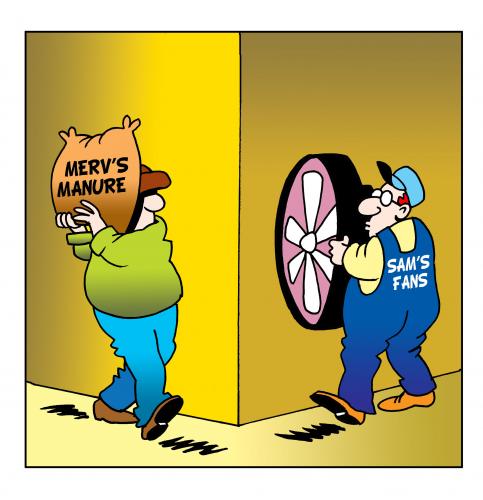ThirtyAndTwo
Forum Probie
- 13
- 0
- 0
I received my EMT-B cert about 4 months ago but have been too busy with schoolwork to do any volunteer work so next week when I am done with finals will be the first time I step onto an ambulance.
What can I expect? Can I assume they will have me do ride-alongs/observer shifts before expecting me to handle a call or should I tell them its been 4 months since I took the test so I am a little rusty?
What can I expect? Can I assume they will have me do ride-alongs/observer shifts before expecting me to handle a call or should I tell them its been 4 months since I took the test so I am a little rusty?

